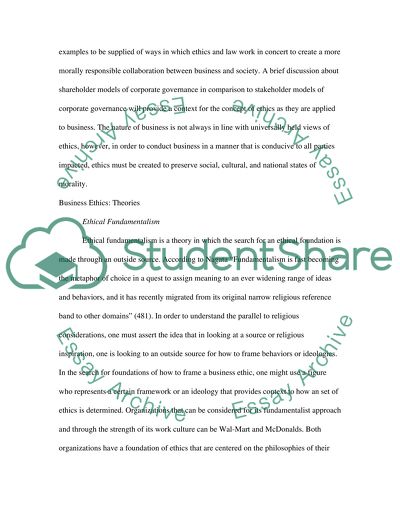Cite this document
(“ETHICS Research Paper Example | Topics and Well Written Essays - 2250 words”, n.d.)
Retrieved from https://studentshare.org/military/1425058-ethics
Retrieved from https://studentshare.org/military/1425058-ethics
(ETHICS Research Paper Example | Topics and Well Written Essays - 2250 Words)
https://studentshare.org/military/1425058-ethics.
https://studentshare.org/military/1425058-ethics.
“ETHICS Research Paper Example | Topics and Well Written Essays - 2250 Words”, n.d. https://studentshare.org/military/1425058-ethics.


